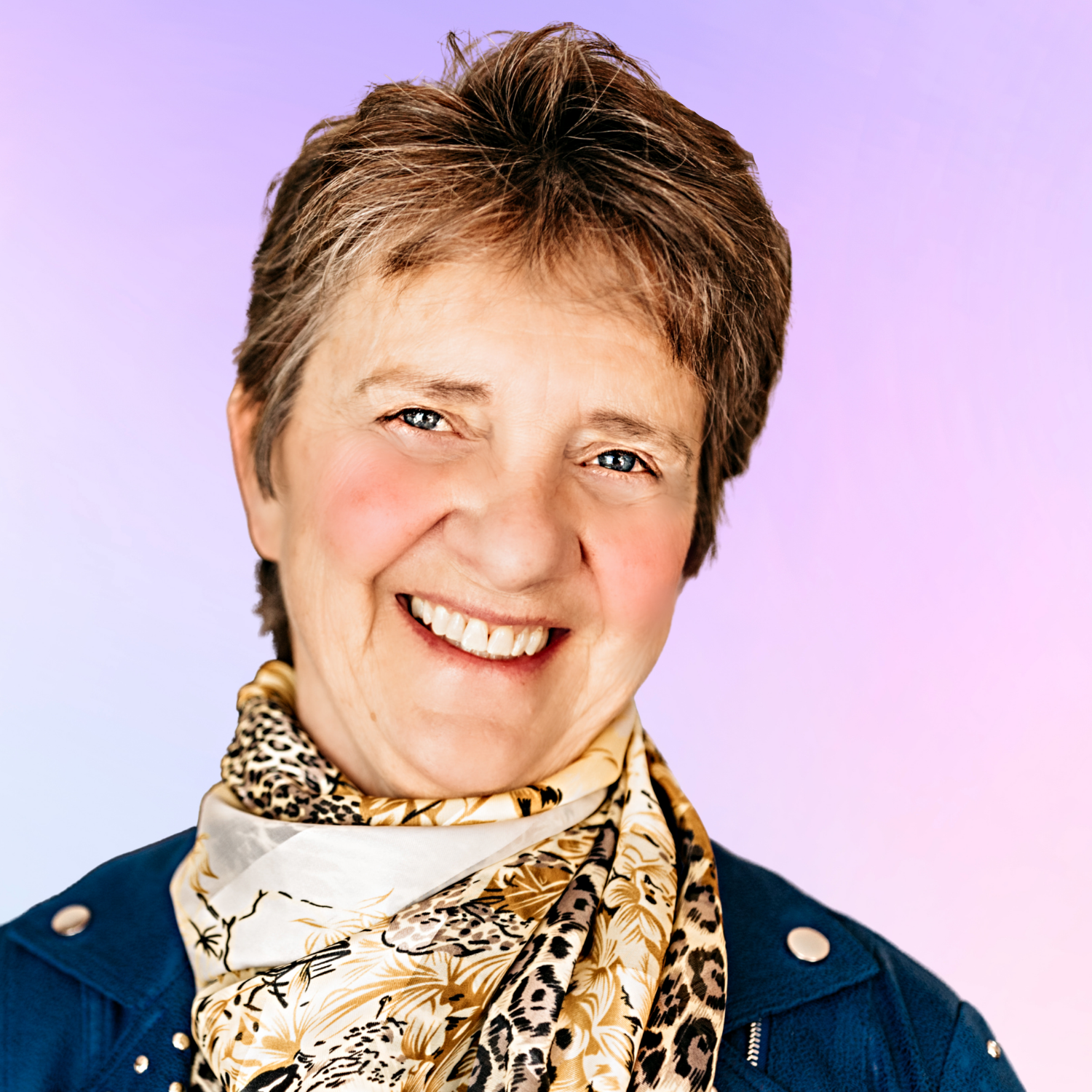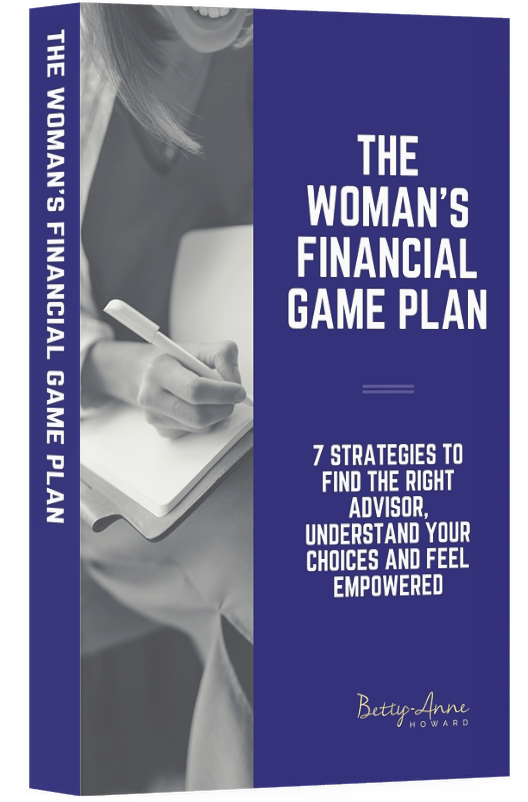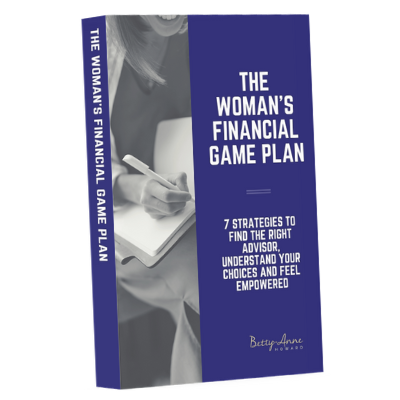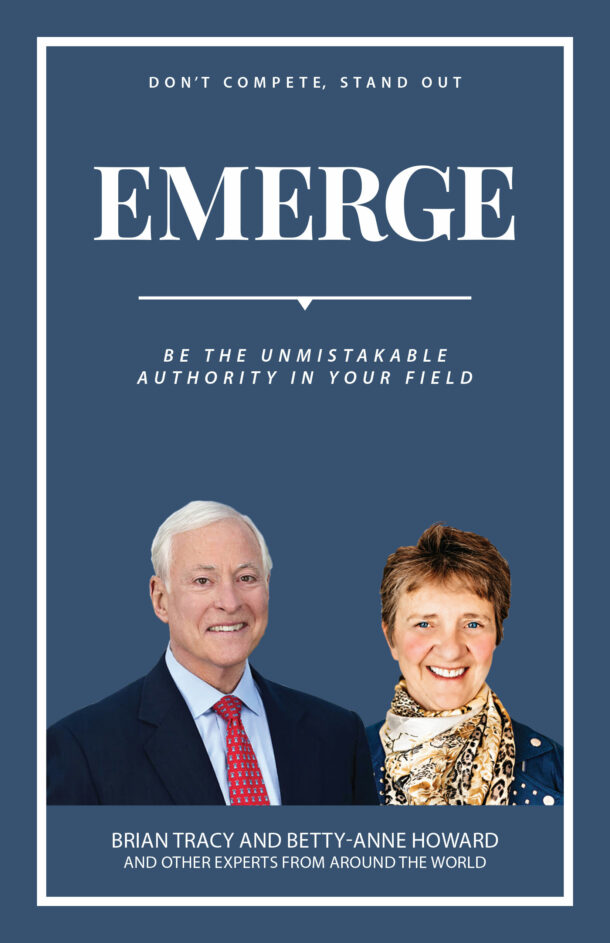
Even with a Will, without proper planning, your beneficiaries may not end up with the amount you were expecting them to get. Is that what you want?
When most people think of estate planning, they think about having a Will. A Will is a great start, as it usually lays out who you want to benefit from your assets when you pass away. If you die without a valid Will, your estate gets settled according to the laws of your province and unfortunately too many Canadians are dying with so much left unsaid and undone.
When you die, your debts must be paid first – before any money or property you leave behind is passed on to your loved ones. However, even if you do not have any debts when you die, there will be other estate costs, such as probate fees (probate is the process by which a court confirms that a will is valid) and taxes on investments, that you may not have considered.
Estate planning, with a professional will ensure that your last wishes are fulfilled in the way you intended, and that you minimize the tax burden, extended probate periods (that could hold up the money and assets for years) and family conflict for the loved ones you leave behind. Depending on your individual wishes, and circumstances, there will probably be several key estate planning strategies that can be incorporated into your plan to do this.
Gifting as a means to move your estate to the next generation
Many people consider gifting to family members over time while they are alive as one of the easiest ways to move their estate from one generation to the next. While this can reduce the tax owing on that asset at your death, you shouldn’t give your assets away too soon.
Canadians are living longer, so you might need your estate for longer than you think. Make sure that your estate plan provides for your future income needs.Your financial planner will help you identify the possible outcomes from your decisions, and offer alternative solutions to gifting your assets that allow you to retain ownership of the funds during your lifetime, avoid probate fees and still leave a legacy to your family and/or a charity at death.
Name a beneficiary for life insurance or registered plans
When you buy life insurance or open a registered plan such as an RRSP or RRIF, you can name a beneficiary to receive the money when you die, or choose for the proceeds to be paid to your estate to cover estate costs. By naming a qualified beneficiary, it ensures the money bypasses the estate process and is paid directly to that person with no delay. The proceeds are always paid tax-free and because it does not form part of your estate, the money is not subject to probate fees. To be considered a qualified beneficiary, they must be:
- Your spouse or common-law partner
- A financially dependent child or grandchild under 18 years of age, or
- A financially dependent mentally or physically infirm child or grandchild of any age.
Own property jointly with your children
While owning property such as your vacation home with your spouse usually does not create problems, deciding to enter into joint ownership with your adult child can. While it generally is not considered part of your estate, and therefore not subject to probate fees, it does mean you lose control over half of the property. If, for example, the child you chose to own it jointly with gets divorced, their half of the property becomes part of the assets that must be divided in the separation. If the asset has increased in value, it’s also likely that you will have to pay tax on any capital gains when you transfer your half ownership as a transfer is considered a sale for tax purposes. However, this might be less than the tax you would pay if you wait until your death to transfer it.
Charitable giving reduces the amount of tax owed, and helps someone in need
Charitable donations can have an incredible impact on the lives of others and they form part of your overall legacy. There are also significant tax breaks for people who arrange charitable gifts in their estate plans. Your donations, for example, can offset taxes otherwise owed by the estate. You receive a credit of up to 100% of taxable income for donations made through a Will.
Many Canadians have the biggest income of their life in the year of death
While there is no “inheritance tax” in Canada, there is a final income tax return for the deceased individual, and it’s on this final return that the value of much of the assets, and the capital gains earned, would be reported, and taxed. If there is no surviving spouse, and no children under the age of 18, then assets such as RRIFs, RRSPs, and vacation property will be considered sold or “cashed in” just before the death, and the amount that they are worth, or the capital gains earned, is added to the deceased’s final income tax return. For this reason, many Canadians have the biggest income of their life in the year of death. Your financial planner will, during your estate planning, help you calculate the income tax liability prior to death and offer less expensive solutions to pay the tax.
Talk to your family about your decisions
It’s very important to have conversations with your family prior to your death about your plans for your assets. In an ideal situation, there should be no surprises when the Will is read. Do you own a vacation home that you plan on passing to your eldest child? It’s best to check first that they want to receive it. Taxation of the second home with respect to capital gains, valuations, legal fees to transfer ownership, and transfer taxes etc. are expenses associated with inheriting the property that your oldest child may not want.
It’s also a good idea to discuss your plans for charitable donations with your children, especially if it will significantly reduce your children’s inheritance. By communicating this to them before your death, it ensures they are not anticipating more than they will actually receive. It will also help them understand what you are trying to accomplish with your legacy.
Estate planning and taxes can be complicated. Because everyone’s situation is different and unique it’s always advisable to seek professional help from a financial planner accountant or lawyer.






0 Comments